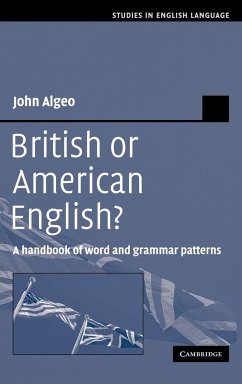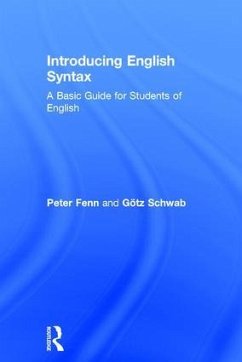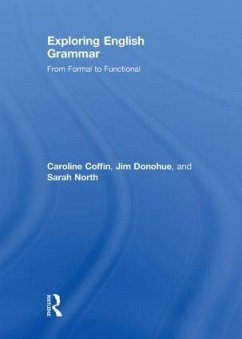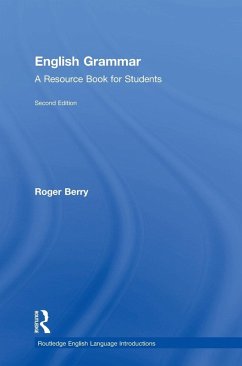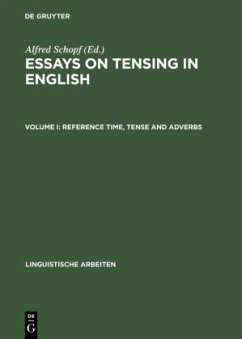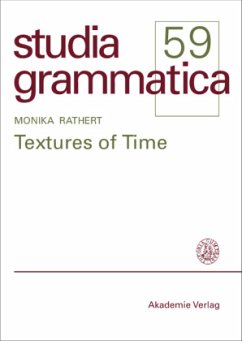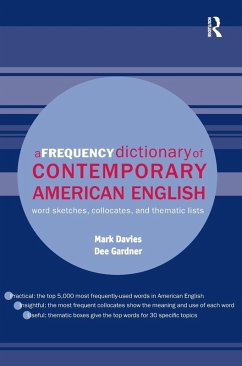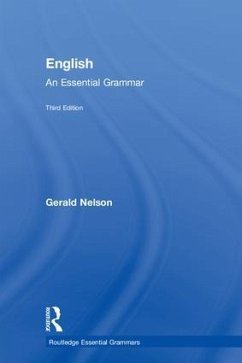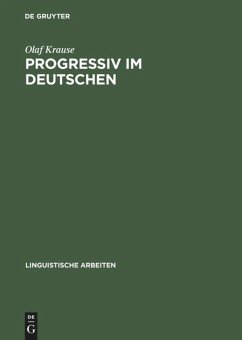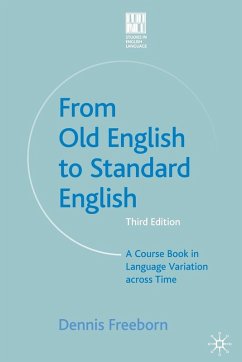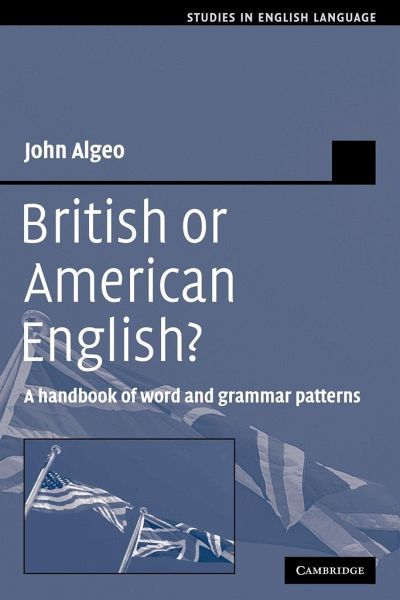
British or American English?
A Handbook of Word and Grammar Patterns
Versandkostenfrei!
Versandfertig in 1-2 Wochen
58,99 €
inkl. MwSt.
Weitere Ausgaben:

PAYBACK Punkte
29 °P sammeln!
Speakers of British and American English display some striking differences in their use of grammar. In this detailed survey, John Algeo considers questions such as: -Who lives on a street, and who lives in a street? -Who takes a bath, and who has a bath? -Who says Neither do I, and who says Nor do I? -After 'thank you', who says Not at all and who says You're welcome? -Whose team are on the ball, and whose team isn't? Containing extensive quotations from real-life English on both sides of the Atlantic, collected over the past twenty years, this is a clear and highly organized guide to the diff...
Speakers of British and American English display some striking differences in their use of grammar. In this detailed survey, John Algeo considers questions such as: -Who lives on a street, and who lives in a street? -Who takes a bath, and who has a bath? -Who says Neither do I, and who says Nor do I? -After 'thank you', who says Not at all and who says You're welcome? -Whose team are on the ball, and whose team isn't? Containing extensive quotations from real-life English on both sides of the Atlantic, collected over the past twenty years, this is a clear and highly organized guide to the differences - and the similarities - between the grammar of British and American speakers. Written for those with no prior knowledge of linguistics, it shows how these grammatical differences are linked mainly to particular words, and provides an accessible account of contemporary English in use.





